Pastoral Care
We understand that when students feel settled and secure they will achieve more. The academy’s pastoral system – or the network of support we provide to students and parents – is a real strength and forms the basis of all that we do. Take a look at our SEND Information report below.
Meet the pastoral team
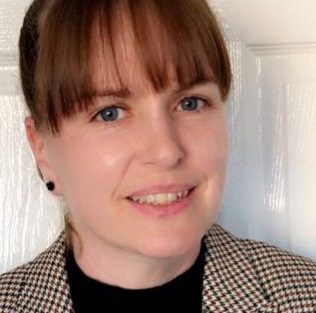
Sally Fisher
Associate Assistant Principal and Designated Safeguarding Lead

Emily Burton
Student Liaison Officer
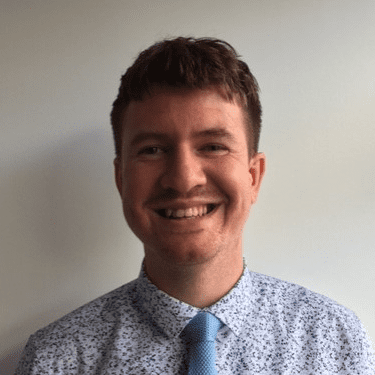
Chris Palmer
Student Liaison Officer
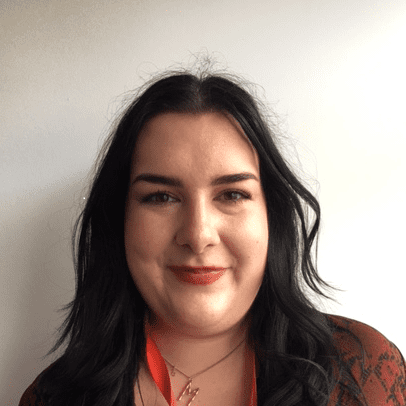
Mollie Baldock
Student Liaison Officer
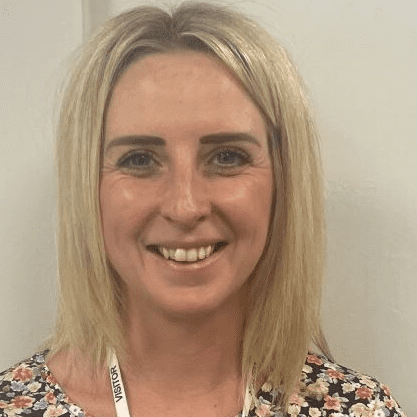
Emma Bisley
Attendance Officer
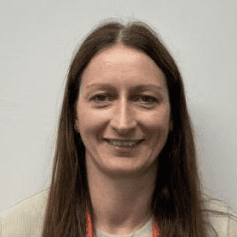
Laura Gill
Assistant Student Liaison Officer
Pastoral Vision
Inclusivity is at the heart of everything we do as a pastoral team at Trinity Academy St Edward’s. Our students look to us to offer support, guidance and a place to reflect.
We are proactive, open minded and are always looking for further interventions to support the needs of our children. We are a dedicated team of professionals who work hard to increase the life chances for students in our school community.
We are 100% child centred and our vision is to offer outstanding care and support to all our children. We pride ourselves on being the core of the school. Our success is built upon strong inclusive values and works tirelessly to ensure all children have the opportunity to fulfil their potential. This ensures they feel challenged, encouraged and safe regardless of their background or life experiences.
Using Trinity Academy St Edward’s core values, we promote the attributes our students need to help develop their independence, responsibility and resilience to have a happy, successful life.
The suite of support packages we utilise reflects this. It enables us to use the skillset of our team, while also allowing us to work collaboratively with outside agencies. Because of this, we can work effectively when the need arises to implement a bespoke package of support for our children. pastoral@stedwards.trinitymat.org
Pastoral support
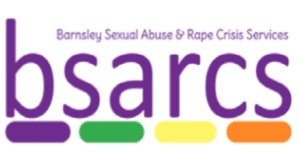 BSARCS (Barnsley Sexual Abuse and Rape Crisis Services) is the only group in Barnsley offering specialist services to people whose lives have been affected by rape, sexual abuse, sexual assault or any kind of sexual violence. We work with women, men, children and young people who live in the Barnsley area. We’re an independent registered charity and we won’t pressure you into reporting to the police or doing anything you’re not comfortable with. We offer counselling & therapy to talk about emotional difficulties you’re going through and to explore what might be causing them. Counsellors don’t give advice or tell you what to do. The therapy we offer is a similar service to counselling, specifically for children and young people. If you’ve reported what happened to you to the police, or if you’re thinking about reporting it, our Independent Sexual Violence Advocates (or ISVAs) can support you through the process, from the first step right through. We also offer wellbeing support and support groups.
BSARCS (Barnsley Sexual Abuse and Rape Crisis Services) is the only group in Barnsley offering specialist services to people whose lives have been affected by rape, sexual abuse, sexual assault or any kind of sexual violence. We work with women, men, children and young people who live in the Barnsley area. We’re an independent registered charity and we won’t pressure you into reporting to the police or doing anything you’re not comfortable with. We offer counselling & therapy to talk about emotional difficulties you’re going through and to explore what might be causing them. Counsellors don’t give advice or tell you what to do. The therapy we offer is a similar service to counselling, specifically for children and young people. If you’ve reported what happened to you to the police, or if you’re thinking about reporting it, our Independent Sexual Violence Advocates (or ISVAs) can support you through the process, from the first step right through. We also offer wellbeing support and support groups.
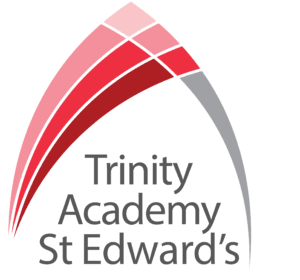 Educational Psychologist – We work with professionally trained psychologists regulated by the Health and Care Professions Council. They can offer a range of support packages to address all kinds of child and adolescent development issues. We can deliver the following support to all maintained schools and academies: complete assessments, as appropriate, for children and young people where statutory assessment (or reassessment) has been agreed by the council’s Needs Assessment Panel to inform the educational health and care needs assessment process, under the Children’s and Families Act 2014.
Educational Psychologist – We work with professionally trained psychologists regulated by the Health and Care Professions Council. They can offer a range of support packages to address all kinds of child and adolescent development issues. We can deliver the following support to all maintained schools and academies: complete assessments, as appropriate, for children and young people where statutory assessment (or reassessment) has been agreed by the council’s Needs Assessment Panel to inform the educational health and care needs assessment process, under the Children’s and Families Act 2014.
Learning and cognition – Includes support for children and young people experiencing physical, medical or sensory difficulties, children in care, gifted and talented pupils.
Social, emotional and mental health – Includes support for children experiencing bereavement, depression and low mood, domestic abuse, and those at risk of being excluded or involved in bullying.
Communication and language – Includes support for children who have autism, mutism, and those for whom English is an additional language (EAL), to develop their socialisation, comprehension, and expressive language skills.
Sensory difficulties – Includes support for children and young people experiencing any kind of sensory difficulties, including hearing and visual impairment.
Physical development – Includes support for children who have epilepsy, cerebral palsy, autism, brain injury, foetal alcohol syndrome, and other genetic conditions.
![]() The Education Welfare Service work in partnership with Trinity Academy St Edward’s with a statutory service which consists of:
The Education Welfare Service work in partnership with Trinity Academy St Edward’s with a statutory service which consists of:
- Tracking cases where children are missing from education
- The management and tracking of children whose parents choose to electively home educate
- The management of Fixed Penalty Notice arrangements
- Pursuing cases through the legal framework in line with current legislation when early intervention fails to improve attendance, including School Attendance Panel and the submission of written evidence to court
- Meeting with designated school staff to monitor individual pupil attendance
- Partnership working to identify students who require home visits or meeting in school to address attendance
- One-off visits to families to raise awareness on the importance of attendance when school attendance is below the school target
- Identifying and receiving referrals where individual pupil attendance is a cause for concern
- Undertaking home visits to address and challenge matters of poor school attendance
- Completing assessments with parents where attendance is a cause for concern and identifying actions from the assessment to address attendance issues, taking into account the need to involve other agencies
- Attending multi-agency meetings to share and receive information on individual pupils and community issues
- Regular attendance sweeps to raise awareness on the importance of good school attendance
- Regular Internal Panel meetings to address matters of poor school attendance
- Providing advice, guidance and support to parents
- Direct work with young people in relation to improving school attendance.
Whole school attendance
- Being present at induction meetings and parents’ evenings to raise the attendance agenda
- Promoting attendance through attendance assemblies
- Advice and guidance to school on the promotion of attendance to the school community
- EWS will provide regular and timely feedback to key members of staff on the impact of interventions
- The additional education welfare provision that is being bought by the academies is inclusive of all children who attend, including non-statutory school age children
 We have an allocated police officer to help develop positive relationships and use their expertise in developing packages in current topics for our young people. Topics include online safety, guns and knives and being safe.
We have an allocated police officer to help develop positive relationships and use their expertise in developing packages in current topics for our young people. Topics include online safety, guns and knives and being safe.
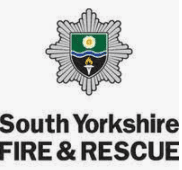 We work with the fire service to ensure students are informed about the dangers of anti-social behaviour, risks and consequences. This also helps develop positive relationships and an interest in a career within the service.
We work with the fire service to ensure students are informed about the dangers of anti-social behaviour, risks and consequences. This also helps develop positive relationships and an interest in a career within the service.

- RELATIONSHIPS – Healthy, unhealthy and coercive relationships
- EMPOWERMENT – Understanding influences, resilience, self-esteem and self-agency
- SEXUAL HEALTH – Contraception, STIs, accessing sexual health services and the importance of condoms
- POSITIVITY – Positive and safe use of social media
- EXPLOITATION – Increasing knowledge of CSE, models, risks and refusing abusers approaches
- CONSENT – Negotiating boundaries, consent and the confidence to say NO
- TRUST– Having a trusted adult, self-awareness and always having a ‘stay safe’ excuse
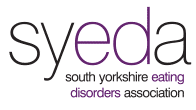 SYEDA supports people who are affected by eating disorders, as well as the friends and family who care for them. They work with people whose relationship with food and/or body image dominates their lives. They focus on the prevention and early intervention of eating disorders.
SYEDA supports people who are affected by eating disorders, as well as the friends and family who care for them. They work with people whose relationship with food and/or body image dominates their lives. They focus on the prevention and early intervention of eating disorders.
This includes counselling, occupational therapy, cognitive behavioural therapy (CBT-T), guided self-help, dietetic and support groups. If you are affected by an eating disorder you can self-refer to our psychological therapies via our website.
![]() TADS work with young people in Barnsley aged 11 to 25 years, helping them with their emotional wellbeing. TADS specifically support young people struggling with:
TADS work with young people in Barnsley aged 11 to 25 years, helping them with their emotional wellbeing. TADS specifically support young people struggling with:
- Anxiety
- Worry
- Loneliness
- Sadness
- Bullying
- Gender and sexuality.
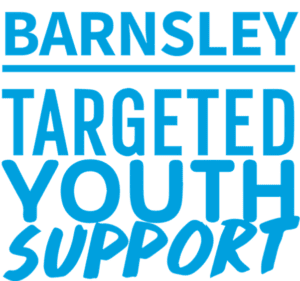 Bespoke programmes are offered, often in partnership with other agencies to meet young people’s needs and are designed to be delivered in a group setting around particular issues, ie to address anti-social behaviour in a specific community. The early intervention and prevention service work closely with Trinity Academy St Edward’s to provide a coordinated approach to targeted services through a single gateway to support children, young people and families.
Bespoke programmes are offered, often in partnership with other agencies to meet young people’s needs and are designed to be delivered in a group setting around particular issues, ie to address anti-social behaviour in a specific community. The early intervention and prevention service work closely with Trinity Academy St Edward’s to provide a coordinated approach to targeted services through a single gateway to support children, young people and families.
One-to-one work is additional support through an EIP worker to address current issues experienced by the young person, making improvements to their lifestyle and positive choices.
![]() Chilypep is a young people’s empowerment project, dedicated to raising the voices of young people and giving them the confidence, influence and platform to shape their world and stay connected.
Chilypep is a young people’s empowerment project, dedicated to raising the voices of young people and giving them the confidence, influence and platform to shape their world and stay connected.
![]() The Family Support Service offers services to families seven days a week, and offers a range of intervention from early help to intensive support for those with multiple and complex needs. The service is delivered by Berneslai Homes who provide a range of support to families and communities.
The Family Support Service offers services to families seven days a week, and offers a range of intervention from early help to intensive support for those with multiple and complex needs. The service is delivered by Berneslai Homes who provide a range of support to families and communities.
![]() In addition to the pastoral team, we have a student leadership team. They have a significant role in supporting their peers and using their status to implement student voice.
In addition to the pastoral team, we have a student leadership team. They have a significant role in supporting their peers and using their status to implement student voice.
 Our Wellbeing Champions offer their peers support and guidance in a time of need.
Our Wellbeing Champions offer their peers support and guidance in a time of need.

